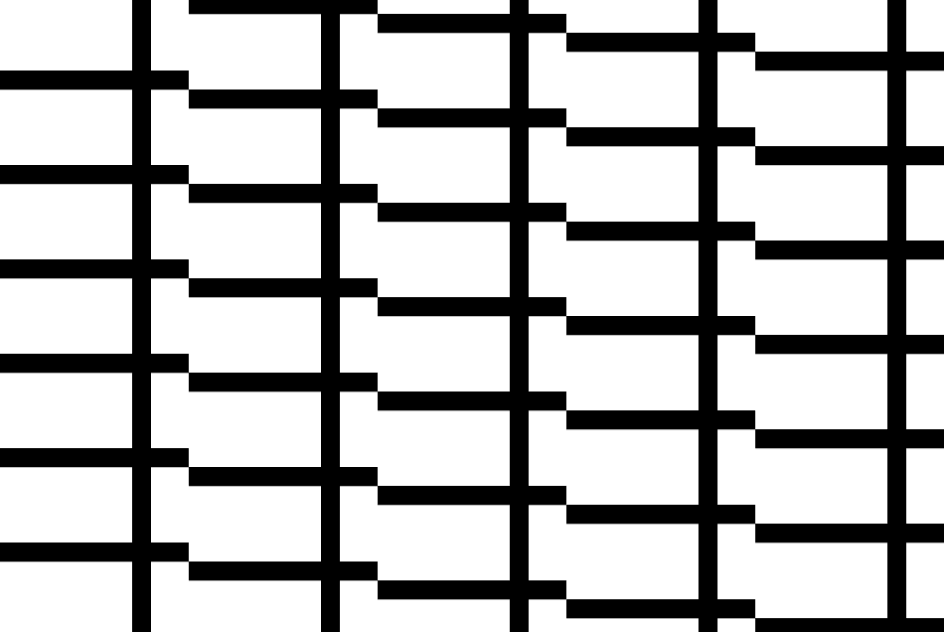
Categories
Design S 2023 features 12 award categories. This year’s new category Design for Systemic Transformation is open to applicants throughout the EU. One project may be submitted in several categories. In each category, three nominees and one winner are selected.
Use the menu above to read more about the individual categories. Scroll down on this page for the award criteria.
Award criteria
Sustainability
Sustainability is the single most important factor in assessing submissions, for all categories.
How does the design solution contribute to long-term sustainable development, in environmental, social and economic terms? How does it promote societal transformation in a sustainable and circular direction?
In addition to sustainability aspects, the following criteria are also considered:
Innovation
How innovative is the design solution in relation to previous or competing products? Does it advance an emerging and forward-thinking use of design? How well has design methodology been applied to develop a new service or product?
Emotional and aesthetic quality
Does the design solution, regardless of limitations and process, create an experience that affects and moves the user? Consideration is given to quality of design, workmanship and overall aesthetic appeal.
Functionality
How does the design solution address a certain problem and contribute to improved functionality? Does it provide increased user benefits? What technical and/or ergonomic solutions have been introduced?
Communication
How well does the design solution communicate its purpose? How does it add value, strengthen identity, develop a brand, convey a message, shape opinion, and engage the intended audience?
Business benefit
How does the design solution contribute to business development and sustainable growth? Does it help to increase sales or market distribution, lower costs, or further the advancement of new business models in a certain sector?